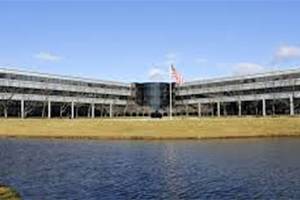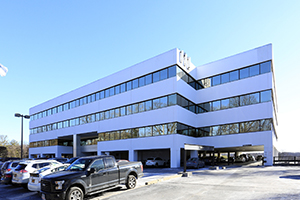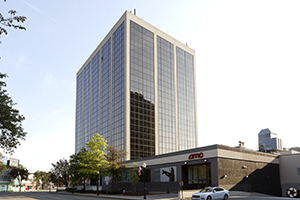Employee wage compensation suits brought under the federal Fair Labor Standards Acti are proliferating, especially within the context of class or collective actions which are commenced on behalf of large numbers of similarly-situated employees. These claims must be defended vigorously by public and private sector employers because of their potential exposure to substantial damage awards, as well as the significant attorneys’ fees sought by plaintiffs’ counsel under the statute. One of the current focuses of these claims is when, or whether, employees are entitled to payment for their meal periods. A recent decision of the United States Court of Appeals for the Third Circuit, Babcock v. Butler Countyii , has established in the Third Circuit (which includes the states of New Jersey and Pennsylvania, among others) the relevant guidelines under what has been labeled as the “predominant benefit” test.
The applicable federal regulationiii , provides that “bona fide meal periods are not worktime . . . [and] the employee must be completely relieved from duty for the purpose of eating regular meals. . . . The employee is not relieved if he is required to perform any duties, whether active or inactive, while eating.” Additionally, the regulation makes clear that even if an employee is not permitted to leave the premises during mealtime, if she is otherwise “completely freed from duties” during the meal period, then she is not entitled to receive compensation for her meal period.iv
The issue becomes murky, however, when the employee can allege and produce facts which tend to show “substantial limitations” on what they can or cannot do during the meal period, such as an inability to leave the building or premises; a requirement to remain in uniform and/or remain in close proximity to emergency response equipment; when they are “on call” for some purpose during the meal period; and where they are prohibited from running or attending to personal errands or sleeping during the mealtime. For that reason, the courts have developed the “predominant benefit” standard as the test; that is, if the mealtime is devoted to activities which are predominantly for the benefit of the employer, the employee is entitled to be paid, whereas if the period is primarily occupied with the procurement and consumption of food, or other personal activities, no compensation is required. Under that standard, in 2013, the Federal District Court in New Jersey concluded that members of the Wildwood Police Department were entitled to be paid for their lunch period inasmuch as they were subject to recall during their (minimal) 30 minute lunch break.v
In Babcock, the Circuit Court not only approved the “predominate benefit” test for all courts within the circuit, but concluded that although the prison employees at issue were already being compensated for 45 minutes of their hour break, they were not entitled to be paid for the remaining 15 minutes. The Court found that for at least that period of time the employees were free to eat, make phone calls and surf the internet, notwithstanding that they were required to remain on premises and, in the event of an emergency, respond to the emergency even if it occurred during lunch. The Babcock decision makes clear that an employer may, under a rational basis, prorate compensable and non-compensable mealtime, depending upon whether the particular activities over lunch which are or may be engaged in are principally for the benefit of the employer or the employee. In other words, where at least a portion of the mealtime is usually or customarily spent on personal rather than business-related concerns and pursuits, such time or portion of time is non-compensable, even where the employee cannot leave the premises and may remain subject to recall during the meal period.
i29 U.S.C.§ 201 et seq.
iiBabcock v. Butler County, Case No. 2:12-cv-00394 (November 24, 2015)
iii29 CFR §785.19
iv29 CFR §785.19(b)
vAboud v. City of Wildwood, 2013 U.S. Dist. LEXIS 70083 (Civil No. 12-7195 (JS), May 17, 2013)






